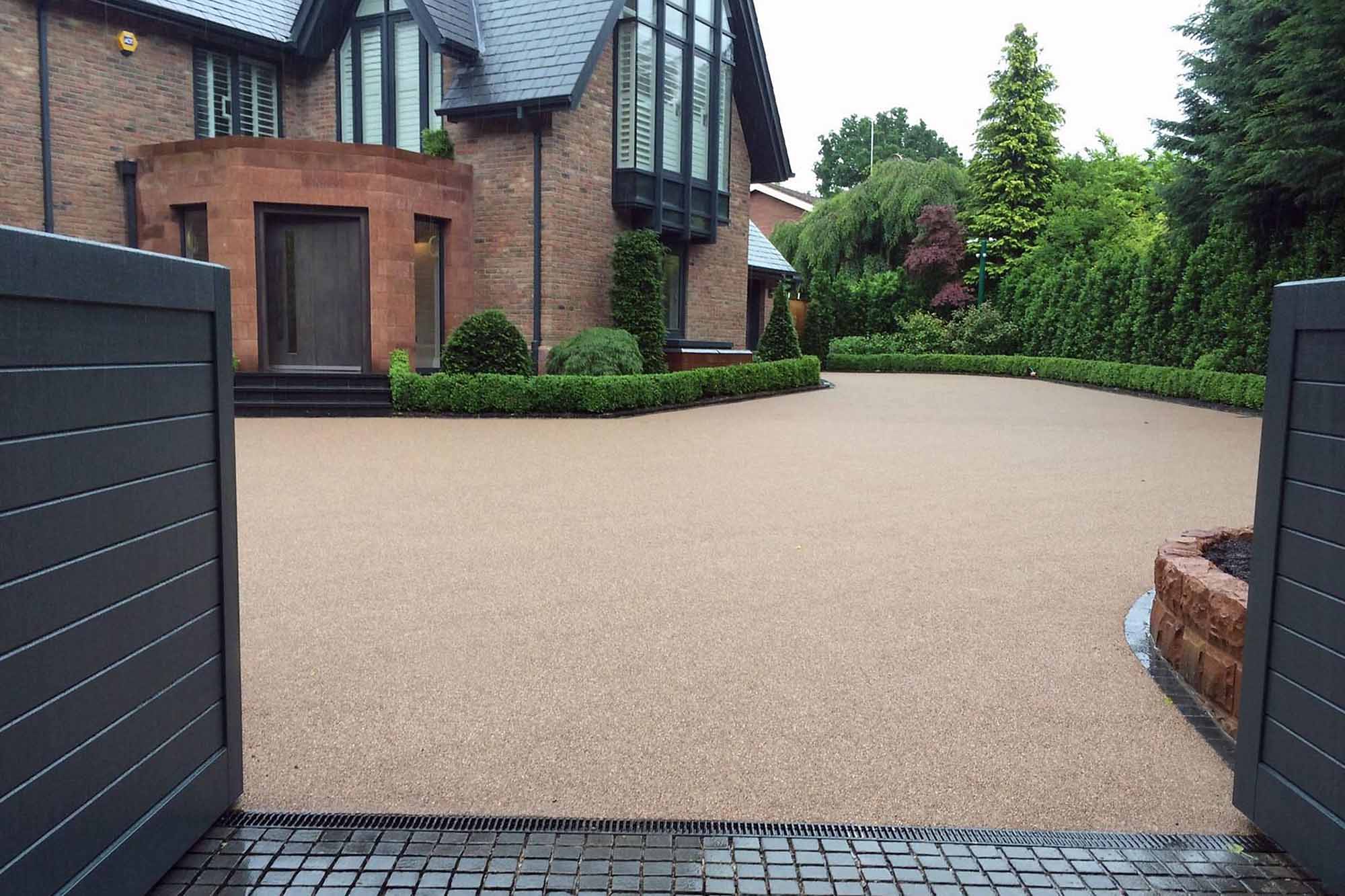

Articles
How Much Is A Resin Driveway
Modified: February 27, 2024
Explore our informative articles on resin driveways and discover how much it costs to install this durable and attractive option for your driveway.
(Many of the links in this article redirect to a specific reviewed product. Your purchase of these products through affiliate links helps to generate commission for Storables.com, at no extra cost. Learn more)
Introduction
A resin driveway, also known as a resin bound driveway, is a popular choice for homeowners looking to enhance the aesthetic appeal and durability of their driveways. It is a surface made from a combination of resin and small stones or aggregates. The resin acts as a binder, holding the stones together to create a sturdy and seamless finish.
Resin driveways offer numerous benefits over traditional driveway materials, such as concrete or asphalt. They not only provide a visually appealing surface but also offer durability, low maintenance requirements, and a wide range of design options. In addition, resin driveways are permeable, allowing rainwater to drain through the surface, which helps prevent standing water and reduces the risk of flooding.
The cost of a resin driveway can vary depending on various factors such as the size of the area, the choice of stones, and any additional features or customization. It is important to consider these factors when planning to install a resin driveway, as they can affect both the overall cost and the desired outcome.
In this article, we will explore the benefits of a resin driveway, factors that affect its cost, the average installation cost, additional costs to consider, tips for saving money, and the pros and cons of DIY versus professional installation. Additionally, we will answer some frequently asked questions about resin driveways to provide a comprehensive guide for potential homeowners.
Key Takeaways:
- Resin driveways offer durability, low maintenance, and visual appeal. Factors affecting cost include size, stone choice, and customization. Professional installation ensures expertise and warranties for peace of mind.
- Homeowners can save money on resin driveway installation by comparing quotes, simplifying design, and considering locally sourced materials. DIY options offer cost savings but may lack professional expertise and support.
Read more: How Much Is A Concrete Driveway
What is a resin driveway?
A resin driveway, also known as a resin bound driveway, is a type of driveway surface that is created by mixing resin with small stones or aggregates. This mixture is then applied to a prepared base, creating a smooth and durable finish. Resin driveways have become increasingly popular in recent years due to their numerous advantages over traditional driveway materials.
The resin used in a resin driveway acts as a binder, holding the stones or aggregates together. This creates a solid surface that is resistant to cracking, weed growth, and loose stones. The resin can be either polyurethane or epoxy-based, with the choice depending on factors such as climate, desired finish, and budget.
One of the key benefits of a resin driveway is its visual appeal. The mixture of resin and stones allows for a wide range of design options, with an array of colors and finishes available. This means that homeowners can choose a resin driveway that complements the overall aesthetic of their property. Additionally, the smooth surface of a resin driveway provides a clean and contemporary look.
Durability is another advantage of a resin driveway. The resin and stone mixture creates a strong and stable surface that can withstand heavy foot traffic and the weight of vehicles. Unlike traditional driveways made of concrete or asphalt, resin driveways are less prone to cracks and potholes. Additionally, resin driveways are resistant to oil stains and can be easily cleaned with a pressure washer or a mild detergent.
Another important feature of resin driveways is their permeability. The porous nature of the resin and stone mixture allows water to drain through the surface and into the ground below. This helps to prevent standing water on the driveway, reducing the risk of slipping and minimizing the potential for flooding. The permeability of resin driveways also makes them a more environmentally friendly option than non-permeable surfaces, as it allows rainwater to recharge the groundwater system.
Overall, a resin driveway offers a combination of aesthetics, durability, low maintenance, and permeability. It is a versatile and long-lasting option for homeowners looking to enhance the appearance and functionality of their driveways.
Benefits of a resin driveway
There are numerous advantages to choosing a resin driveway over traditional driveway materials. Here are some of the key benefits that make resin driveways a popular choice among homeowners:
- Visual appeal: One of the major advantages of a resin driveway is its aesthetic appeal. The combination of resin and stones allows for a wide range of design options, with various colors and finishes available. This means that homeowners can create a unique and personalized look for their driveways, complementing the overall style of their property.
- Durability: Resin driveways are highly durable and can withstand heavy foot traffic and the weight of vehicles. The resin acts as a binder, holding the stones together and creating a solid and stable surface. Unlike traditional driveways made of concrete or asphalt, resin driveways are less prone to cracking, potholes, and loose stones. They offer longevity and can withstand the test of time.
- Low maintenance: Another advantage of resin driveways is their low maintenance requirements. Unlike traditional driveways that may require regular sealing or patching, resin driveways are relatively easy to maintain. They do not require annual sealing or reapplication, and any maintenance tasks can usually be handled with a simple pressure washing or light cleaning with a mild detergent. This makes resin driveways a cost-effective and hassle-free option.
- Permeability: Resin driveways are permeable, meaning that rainwater can easily drain through the surface and into the ground below. This helps prevent the buildup of standing water on the driveway, reducing the risk of slipping and minimizing the potential for flooding. The permeability of resin driveways also allows rainwater to recharge the groundwater system, making them an environmentally friendly choice.
- Customization options: With resin driveways, homeowners have the freedom to customize their driveways according to their preferences. The choice of stones, colors, and finishes allows for endless design possibilities. Whether you prefer a sleek and modern look or a more natural and rustic feel, a resin driveway can be tailored to suit your style and enhance the curb appeal of your home.
In summary, resin driveways offer a range of benefits including visual appeal, durability, low maintenance requirements, permeability, and customization options. These advantages make resin driveways a popular choice for homeowners looking to enhance the appearance and functionality of their driveways.
Factors that Affect the Cost of a Resin Driveway
The cost of a resin driveway installation can vary depending on several factors. It is important to consider these factors when planning to install a resin driveway, as they can impact the overall cost and the final result. Here are some of the key factors that affect the cost of a resin driveway:
- Size of the area: The size of the area to be covered by the resin driveway is a major factor that affects the cost. A larger area will require more materials and labor, resulting in a higher cost. Additionally, larger areas may require more preparation work, such as excavation and leveling, which can also impact the overall cost.
- Choice of stones: The type and quality of stones used in the resin driveway can affect the cost. Different types of stones come at different price points, with natural stones generally being more expensive than manufactured aggregates. The size and color of the stones can also impact the prices. It is important to consider both the aesthetic appeal and the budget when choosing the stones for a resin driveway.
- Thickness of the resin: The thickness of the resin layer applied to the driveway can affect the cost. A thicker layer of resin provides additional durability and strength, but it also requires more resin material, which can increase the overall cost. The thickness of the resin layer is often determined by the expected usage of the driveway and the weight of vehicles that will be parked on it.
- Preparation work: The preparation work required before the installation of a resin driveway can impact the cost. This includes tasks such as excavation, leveling, and the removal of any existing driveway surface. If the area is not properly prepared or requires extensive preparation work, it may increase the labor and materials required, leading to a higher cost.
- Additional features or customization: The inclusion of additional features or customization options can also affect the cost. For example, if you want to incorporate patterns, borders, or logos into the resin driveway, it will require extra time and effort from the installers, resulting in higher costs. Similarly, if you want to add lighting or drainage systems to the driveway, it will add to the overall cost.
It is important to discuss these factors with a professional resin driveway installer to get an accurate estimate for the cost of installation. They will be able to assess your specific requirements and provide you with a detailed breakdown of the costs involved. By considering these factors and getting multiple quotes from reputable installers, you can make an informed decision and ensure that the cost of your resin driveway fits within your budget.
Average Cost of a Resin Driveway Installation
The cost of installing a resin driveway can vary depending on several factors, including the size of the area, choice of stones, thickness of the resin, preparation work required, and any additional features or customization. While it is difficult to provide an exact cost without knowing specific details, we can provide a rough estimate of the average cost range for a resin driveway installation.
On average, the cost of installing a resin driveway can range from $50 to $150 per square meter ($5 to $15 per square foot). This estimate includes the cost of materials, labor, and any necessary equipment. However, it is important to note that this is just a general guideline and the actual cost may vary depending on the specific circumstances of each installation.
For example, larger areas may have a lower cost per square meter due to economies of scale, while smaller or more complex areas may have a higher cost. Additionally, the choice of stones can also impact the cost, with natural stones generally being more expensive than manufactured aggregates. Customization options, such as patterns or borders, can also increase the overall cost.
It is always recommended to obtain multiple quotes from reputable resin driveway installers to get a more accurate estimate based on your specific requirements. They will assess the size and condition of the area, as well as any additional features or customization requested, to provide a detailed pricing breakdown.
It is also important to consider the long-term value of a resin driveway. While the initial installation cost may be higher compared to other driveway materials, resin driveways offer durability, low maintenance requirements, and a visually appealing finish. They can last for many years with proper care and can enhance the curb appeal of your property.
Keep in mind that the cost of a resin driveway installation is an investment in the long-term value and usability of your driveway. By choosing a reputable installer and carefully considering your options, you can ensure that the cost fits within your budget and that you are satisfied with the final result.
Read more: How Much Is A Load Of Gravel For A Driveway
Additional Costs to Consider
When planning for a resin driveway installation, it is important to consider not only the primary cost of materials and labor but also any additional costs that may arise during or after the installation. These additional costs can vary depending on various factors such as the condition of the area, desired customization, and long-term maintenance. Here are some additional costs to consider:
- Excavation and site preparation: If the area where the resin driveway will be installed is uneven or has existing vegetation or debris, it may require excavation and site preparation. This can involve the removal of old driveway materials, clearing of vegetation, and creating a level base. Excavation and site preparation can add to the overall cost of the project.
- Edging and borders: Adding edging or borders can enhance the visual appeal and durability of a resin driveway. Edging materials such as bricks, pavers, or metal strips may need to be purchased separately and require additional labor for installation. Adding borders can incur extra costs, but it can give your driveway a finished and polished look.
- Drainage systems: Depending on the slope and layout of the area, you may need to install a drainage system to ensure proper water runoff from your resin driveway. This can involve the installation of surface drains, channel drains, or underground drainage pipes. The cost of installing a drainage system can vary depending on the complexity and materials used.
- Maintenance and repairs: While resin driveways are known for their low maintenance requirements, there may be some additional costs associated with regular maintenance. This can include periodic cleaning, resealing, and repair of any minor damages or wear and tear. It is important to budget for these ongoing maintenance costs to keep your resin driveway in good condition.
- Warranty and insurance: Some resin driveway installers may offer warranties on their workmanship and materials used. It is worth considering the cost of any extended warranties or insurance to protect your investment. While this may not be a compulsory expense, it can provide peace of mind and financial security in case of any unexpected issues.
It is vital to discuss potential additional costs with your chosen resin driveway installer and obtain a detailed estimate that includes any necessary site preparation, customization, drainage options, and ongoing maintenance expenses. This will ensure that you have a comprehensive understanding of the total cost of your resin driveway installation and can plan your budget accordingly.
By considering these additional costs and factoring them into your overall budget, you can make informed decisions and ensure that your resin driveway installation proceeds smoothly, without any surprises or unexpected expenses.
When considering the cost of a resin driveway, it’s important to factor in the size of the area, the quality of the resin and aggregate, and the complexity of the installation. Get multiple quotes from reputable contractors to ensure you’re getting a fair price.
Tips for Saving Money on a Resin Driveway Installation
Installing a resin driveway can be a significant investment, but there are ways to save money without compromising on quality. Here are some tips to help you save money on your resin driveway installation:
- Compare multiple quotes: Obtain quotes from several reputable resin driveway installers and compare them. This will give you a better understanding of the average cost and help you choose the most competitive offer without compromising on quality.
- Consider the size of the area: The size of the area to be covered by the resin driveway will affect the cost. If you are looking to save money, consider reducing the size or adjusting the layout of your driveway. However, be careful not to sacrifice functionality or convenience in the pursuit of cost savings.
- Choose a locally sourced aggregate: The choice of stones or aggregates for your resin driveway can affect the cost. Opting for locally sourced aggregates can help reduce transportation costs, as locally available materials are often more affordable than imported options.
- Simplify the design: Intricate designs or complex patterns can increase the labor and material costs of your resin driveway installation. Keep the design simple and straightforward to save money. This doesn’t mean compromising on aesthetics – a clean and minimalist design can be just as visually appealing.
- Consider a thinner resin layer: The thickness of the resin layer can impact the cost of installation. While a thicker layer offers added durability, opting for a slightly thinner layer can help save on material costs. Consult with your installer to determine the appropriate thickness based on the expected usage of your driveway.
- Do some of the work yourself: Consider doing some of the preparation work yourself, such as clearing vegetation or removing the existing driveway surface. However, be cautious as improper preparation can lead to subpar results. Consult with your installer and make sure you are comfortable with the tasks you undertake.
- Plan for future maintenance: Proper maintenance can prolong the lifespan of your resin driveway. It is essential to plan for regular maintenance, such as cleaning and resealing, as this will help prevent the need for costly repairs in the future.
- Ask about financing options: Some resin driveway installers offer financing options that can help you spread out the cost of installation over time. Inquire about any financing plans available to help manage the upfront expense.
Remember, while it’s important to save money, ensure that you are not compromising on the quality of materials or workmanship. Prioritize reliability, experience, and reputation when choosing a resin driveway installer, as a poorly installed driveway may lead to additional costs down the line.
By following these tips and carefully planning your resin driveway installation, you can save money without compromising on the functionality and visual appeal of your driveway.
DIY vs Professional Installation: Pros and Cons
When it comes to installing a resin driveway, homeowners often have a choice between a do-it-yourself (DIY) approach or hiring a professional installer. Both options have their own set of advantages and disadvantages. Let’s explore the pros and cons of each to help you make an informed decision.
DIY Installation
Pros:
- Cost savings: One of the main advantages of a DIY installation is the potential cost savings. By eliminating labor costs, you can save a significant amount of money. However, it is important to consider the potential risks and challenges associated with DIY installations.
- Flexibility: DIY installations allow you to work at your own pace and have more control over the process. You can choose the materials, colors, and design options according to your preferences.
- Satisfaction and pride: Successfully completing a DIY project can provide a sense of accomplishment and pride in your own handiwork. It can be a rewarding experience to see your hard work come to fruition.
Cons:
- Lack of expertise: Installing a resin driveway requires specific knowledge and skills. DIY installations may lack the professional expertise and experience that can result in a less precise and durable finished product.
- Time and effort: DIY installations can be time-consuming and physically demanding. It may take longer to complete the project, especially if you are inexperienced. You will also need to invest time and effort into researching and learning proper installation techniques.
- Limited warranty and support: If any issues arise after the DIY installation, you may not have access to the same level of warranty or support that a professional installer can provide. This could result in additional costs and hassle.
Read more: How Much To Repair Asphalt Driveway
Professional Installation
Pros:
- Expertise and experience: Professional installers have the skills, knowledge, and experience in properly installing resin driveways. They can ensure the job is done correctly, providing a high-quality and long-lasting result.
- Time and convenience: Hiring professionals saves you the time and effort required for a DIY installation. They will handle all aspects of the project, from site preparation to the final finishes, allowing you to focus on other priorities.
- Warranty and support: Professional installers often provide warranties on their workmanship and materials used. In case of any issues or defects, they can offer support and necessary repairs, reducing potential future costs.
Cons:
- Higher cost: Professional installations come with a higher upfront cost due to labor and expertise involved. However, it is important to weigh the potential long-term benefits and quality of the finished product against the initial investment.
- Limited control: Working with professionals means relinquishing some control over the process. While they will take your preferences into account, the final decisions may be made by the installer based on their expertise.
When deciding between DIY and professional installation, consider your level of expertise, available time and budget, and the desired quality of the finished product. If you have prior experience and confidence in your abilities, a DIY installation may be an option. However, for a more reliable and professional result, it is recommended to hire experienced resin driveway installers.
Remember, regardless of the installation method, proper site preparation, accurate measurements, and adherence to industry standards are crucial for a successful resin driveway installation. If you do choose to pursue a DIY installation, thoroughly research and educate yourself on the process to ensure the best possible outcome.
Frequently Asked Questions about Resin Driveways
Installing a resin driveway is a significant decision, and it’s natural to have questions. Here are some common questions and answers to help you understand more about resin driveways:
- Are resin driveways durable?
Yes, resin driveways are highly durable. The combination of resin and stones creates a strong and stable surface that can withstand heavy foot traffic and the weight of vehicles. They are less prone to cracking, potholes, and loose stones compared to traditional driveways made of concrete or asphalt. - How long does a resin driveway last?
A properly installed and maintained resin driveway can last for up to 25 years. Regular maintenance, such as cleaning and resealing, can help prolong its lifespan. - Are resin driveways permeable?
Yes, resin driveways are permeable. The porous nature of the resin and stone mixture allows rainwater to drain through the surface and into the ground below. This helps prevent standing water on the driveway and reduces the risk of flooding. - Are resin driveways easy to maintain?
Yes, resin driveways are relatively low maintenance. They do not require annual sealing or reapplication. Regular cleaning with a pressure washer or mild detergent is usually sufficient to keep them looking their best. - Can resin driveways be repaired?
Yes, resin driveways can be repaired if minor damages occur, such as cracks or chips. It is recommended to contact a professional resin driveway installer to assess the damage and provide the appropriate repairs. - Can resin driveways be customized?
Yes, resin driveways offer a range of customization options. The choice of stones, colors, and finishes allows for endless design possibilities. Additional features such as patterns, borders, or logos can also be incorporated to create a unique and personalized look. - How long does it take to install a resin driveway?
The duration of the installation process can vary depending on the size and complexity of the project. It typically takes a few days to a week to complete a resin driveway installation, including site preparation, mixing and laying the resin and stones, and allowing sufficient curing time. - Can I walk or drive on a resin driveway immediately after installation?
No, it is important to allow the resin driveway to fully cure before walking or driving on it. The curing time can vary but typically takes around 24 to 48 hours. Your installer will provide specific instructions regarding when it is safe to use the driveway. - Can resin driveways be installed in cold climates?
Yes, resin driveways can be installed in cold climates. However, it is important to choose a resin formulation that is specially designed for cold weather conditions. Consult with your resin driveway installer to ensure the suitability of the material for your climate.
If you have any additional questions or concerns about resin driveways, it is recommended to consult with a professional resin driveway installer. They will be able to provide you with expert advice and guidance based on your specific needs.
Conclusion
Resin driveways offer a versatile, durable, and visually appealing option for homeowners looking to upgrade their driveways. With their wide range of designs, low maintenance requirements, and permeability, resin driveways have become popular choices in the realm of driveway materials.
Throughout this article, we have explored the various aspects of resin driveways, from what they are and their numerous benefits to the factors that affect their cost and additional considerations to keep in mind. We have also discussed tips for saving money on resin driveway installations and the pros and cons of DIY versus professional installations. Furthermore, we have addressed frequently asked questions to provide a comprehensive understanding of resin driveways.
It is important to recognize that while there are DIY options available, professional installation offers expertise, time-saving convenience, and warranties for peace of mind. Your choice ultimately depends on your budget, preferences, and skill level.
When estimating the cost of installation, it is vital to consider the size of the area, choice of stones, thickness of the resin, any preparation work needed, and additional features or customization desired. By obtaining multiple quotes from reputable installers and thoroughly assessing each option, homeowners can make an informed decision based on their specific requirements and budget.
Resin driveways have proven to be a durable and visually attractive option, enhancing the overall curb appeal and functionality of a property. With proper maintenance and care, a resin driveway can last for many years.
Whether you choose a DIY approach or hire a professional installer, it is important to prioritize quality workmanship, adherence to industry standards, and the use of reliable materials. This not only ensures a successful installation but also guarantees the longevity and integrity of your resin driveway.
In conclusion, resin driveways offer a long-lasting and aesthetically pleasing solution for homeowners. By considering the information provided in this article and seeking expert advice, you can confidently embark on your journey to transform your driveway into a stunning and durable feature of your property.
Frequently Asked Questions about How Much Is A Resin Driveway
Was this page helpful?
At Storables.com, we guarantee accurate and reliable information. Our content, validated by Expert Board Contributors, is crafted following stringent Editorial Policies. We're committed to providing you with well-researched, expert-backed insights for all your informational needs.
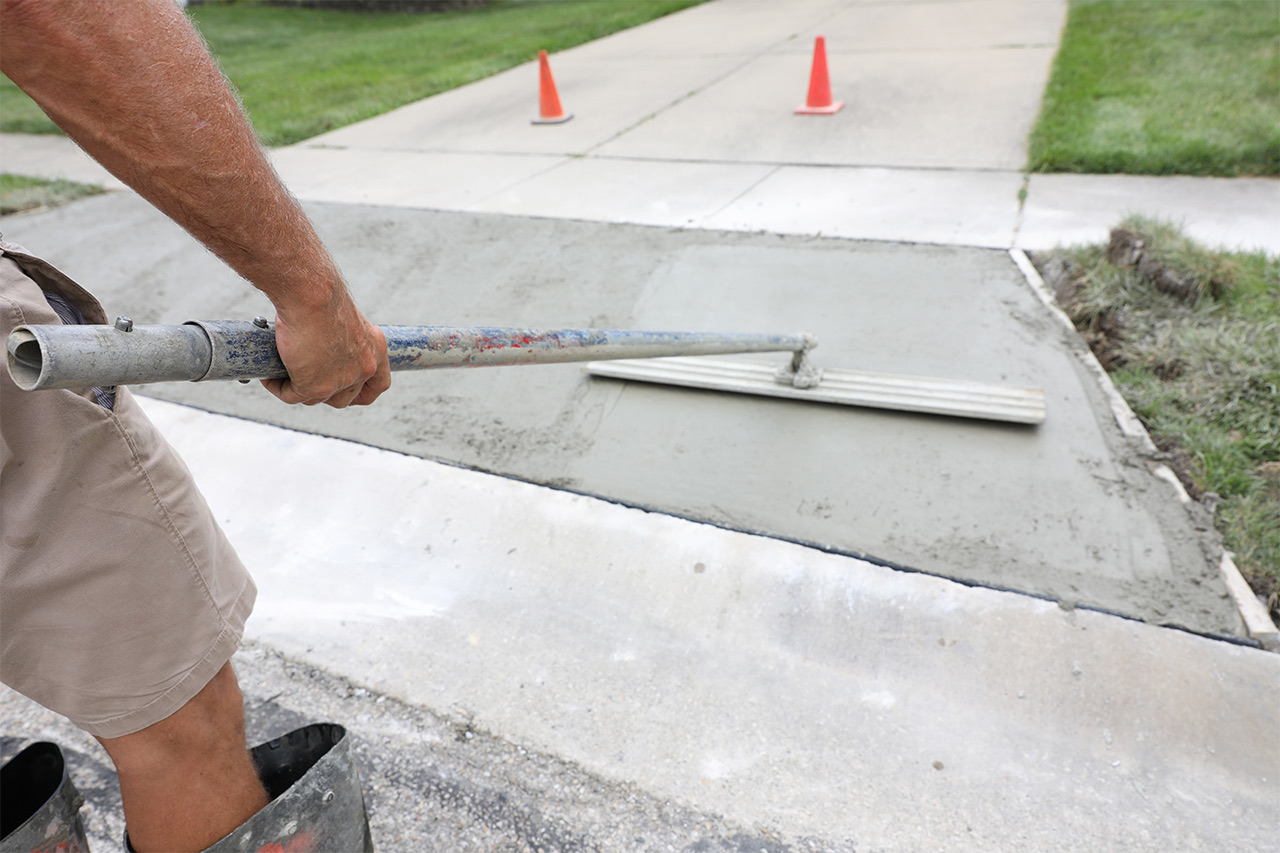
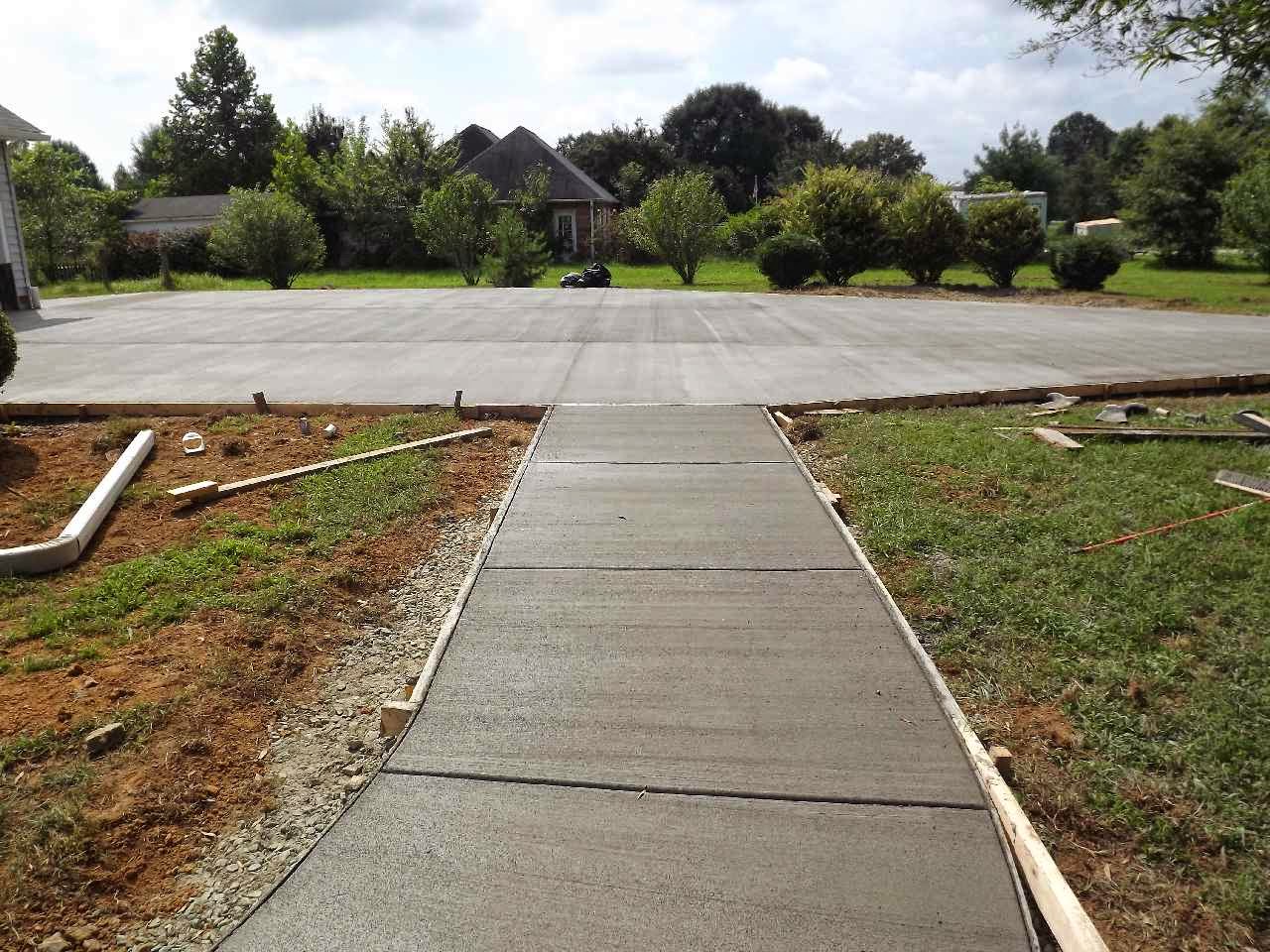

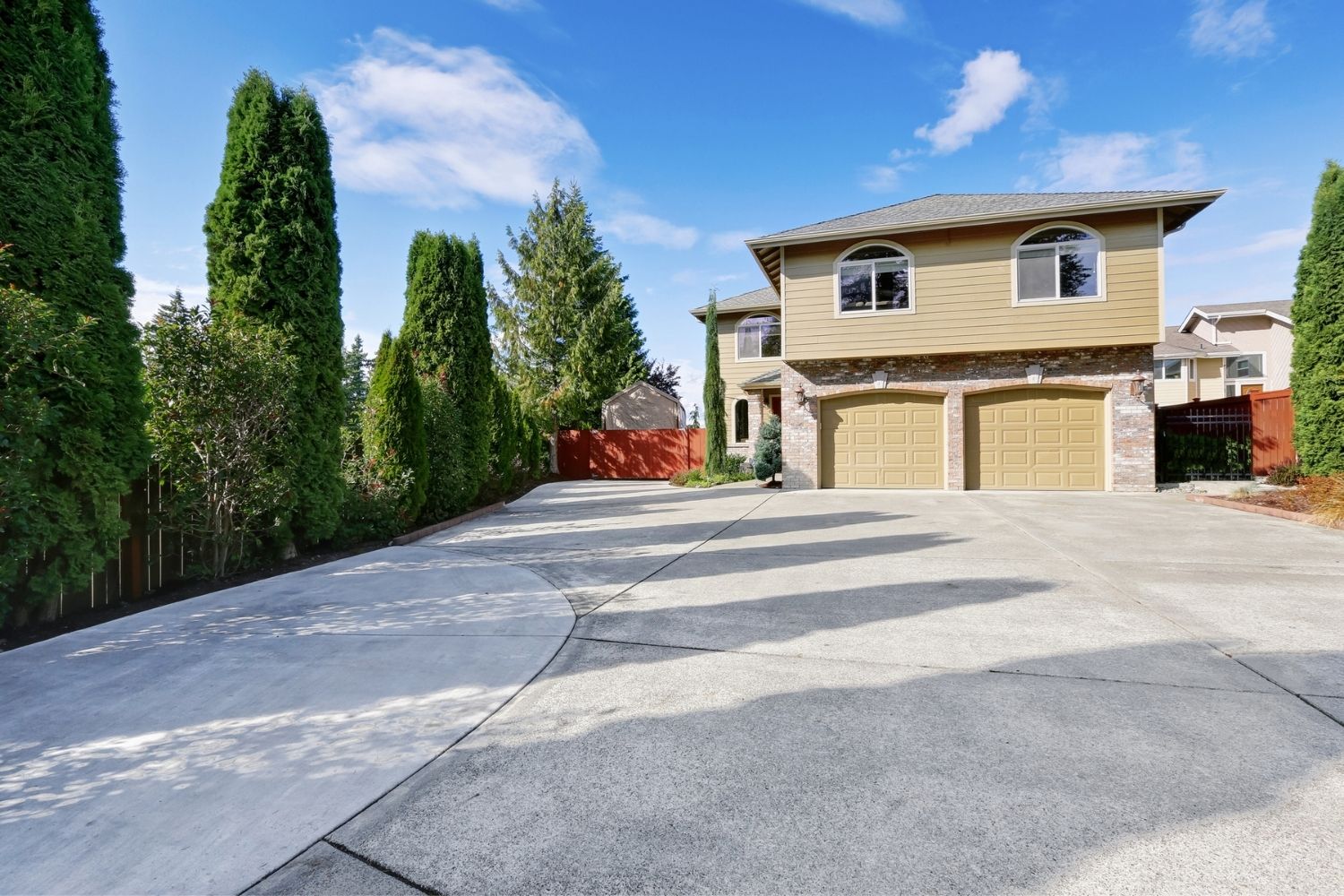
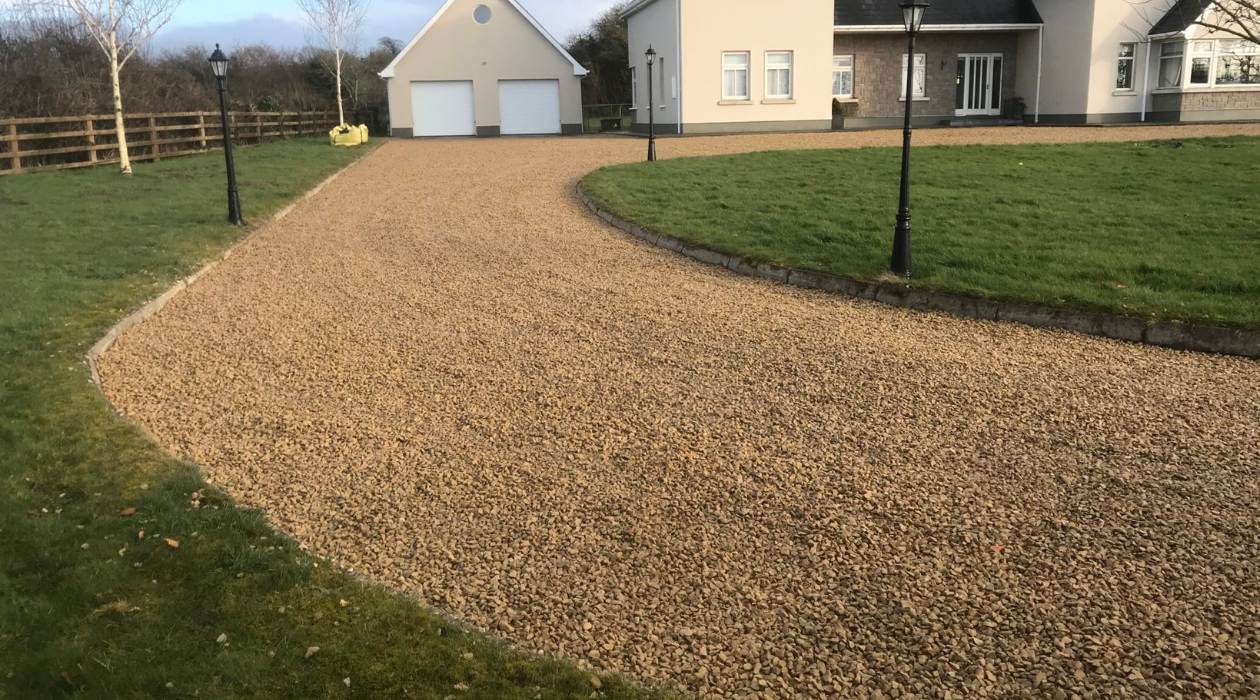
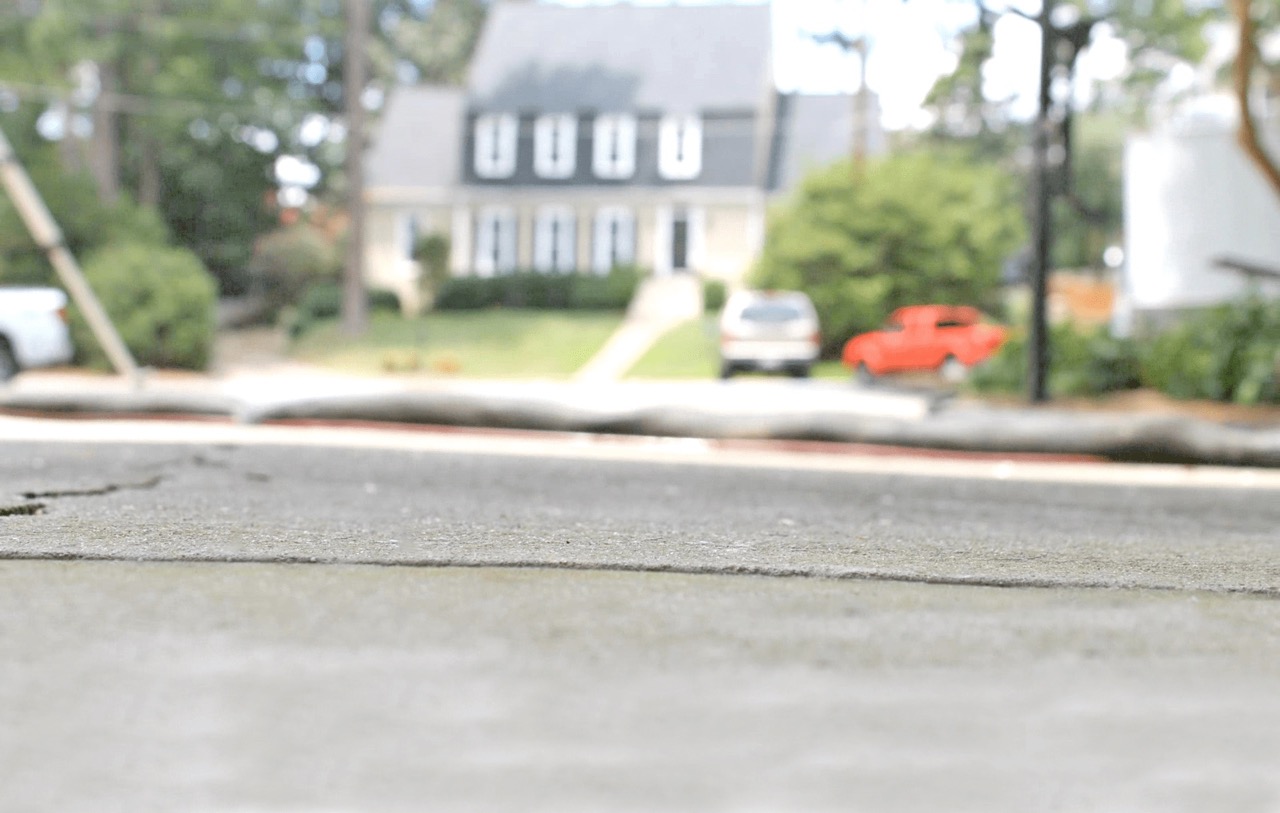
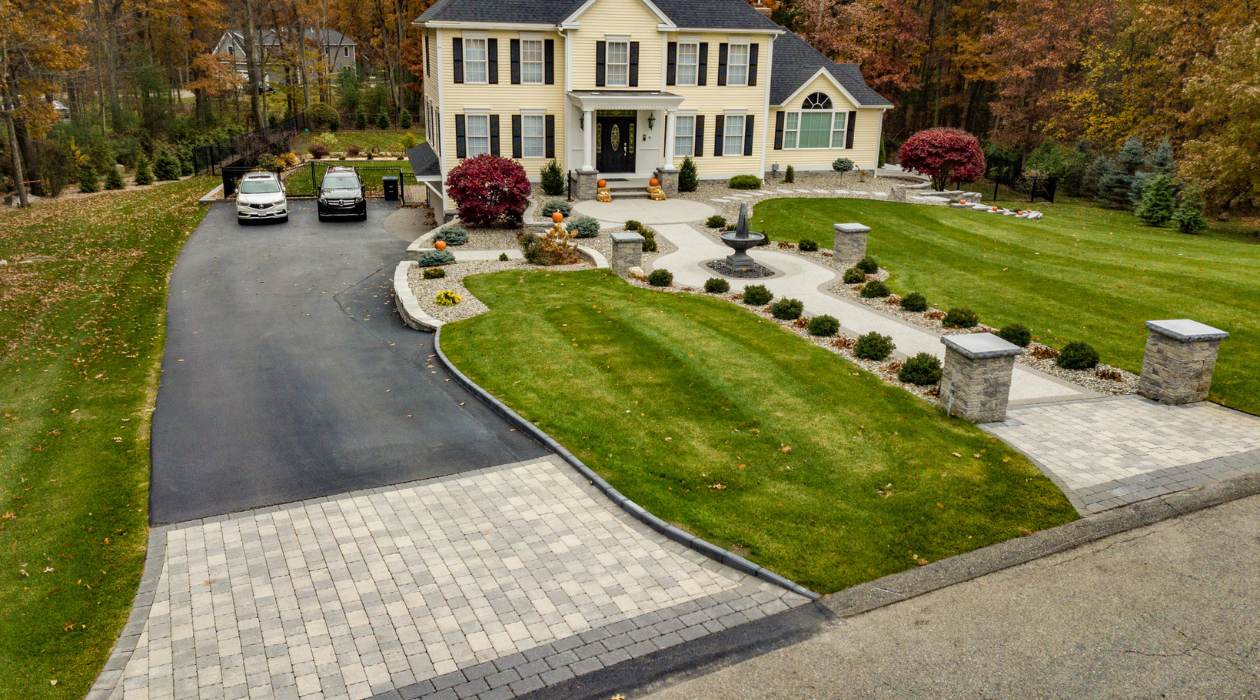
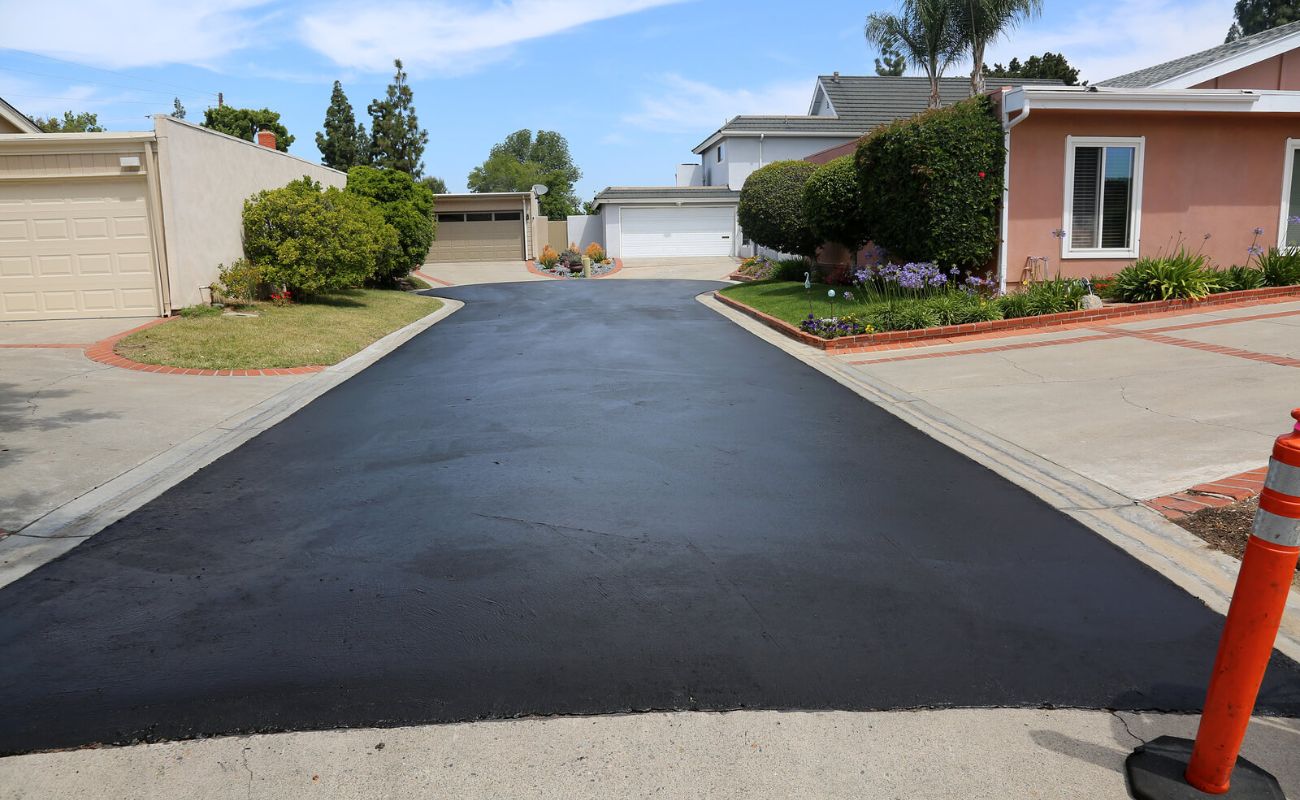
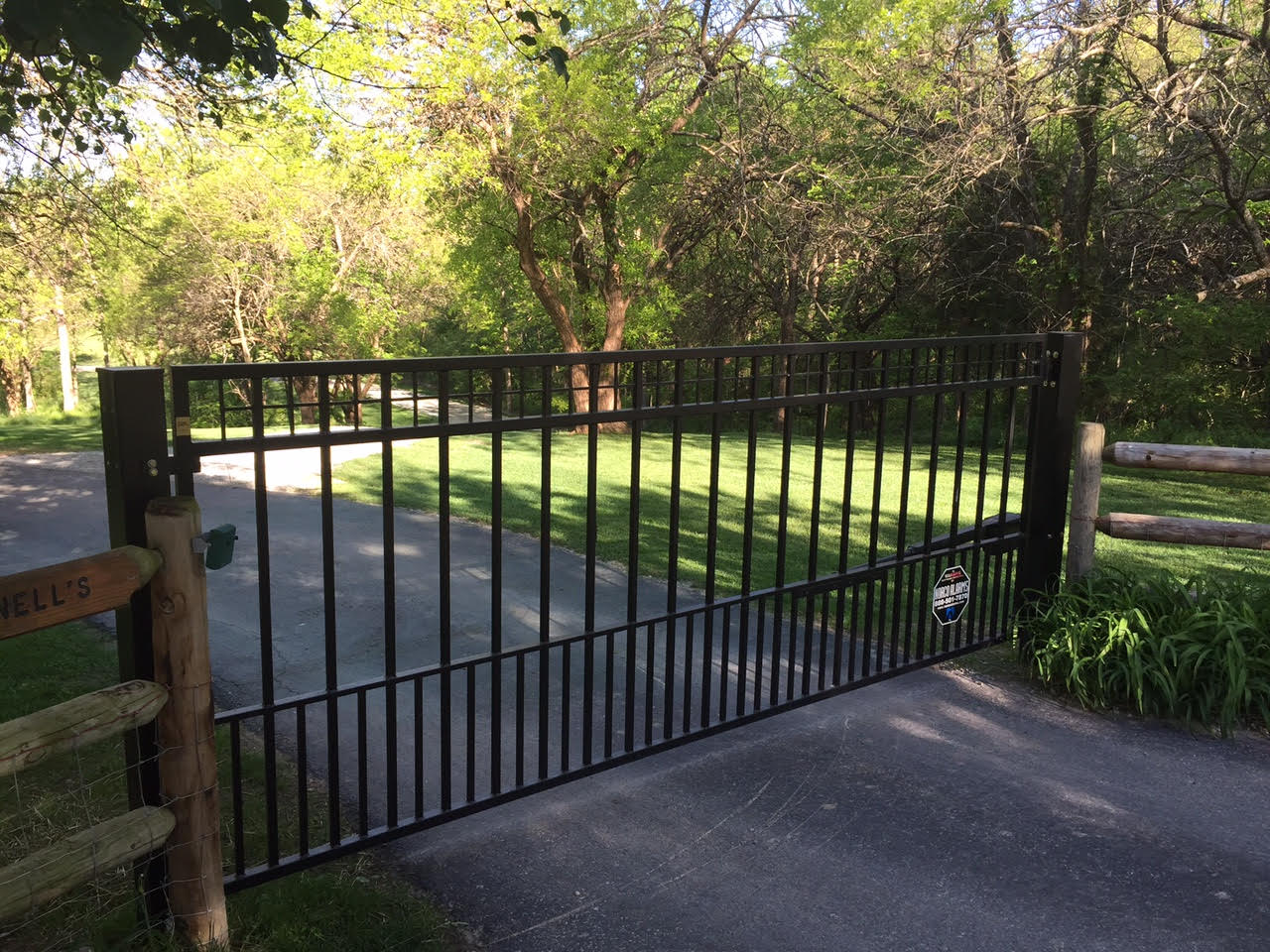
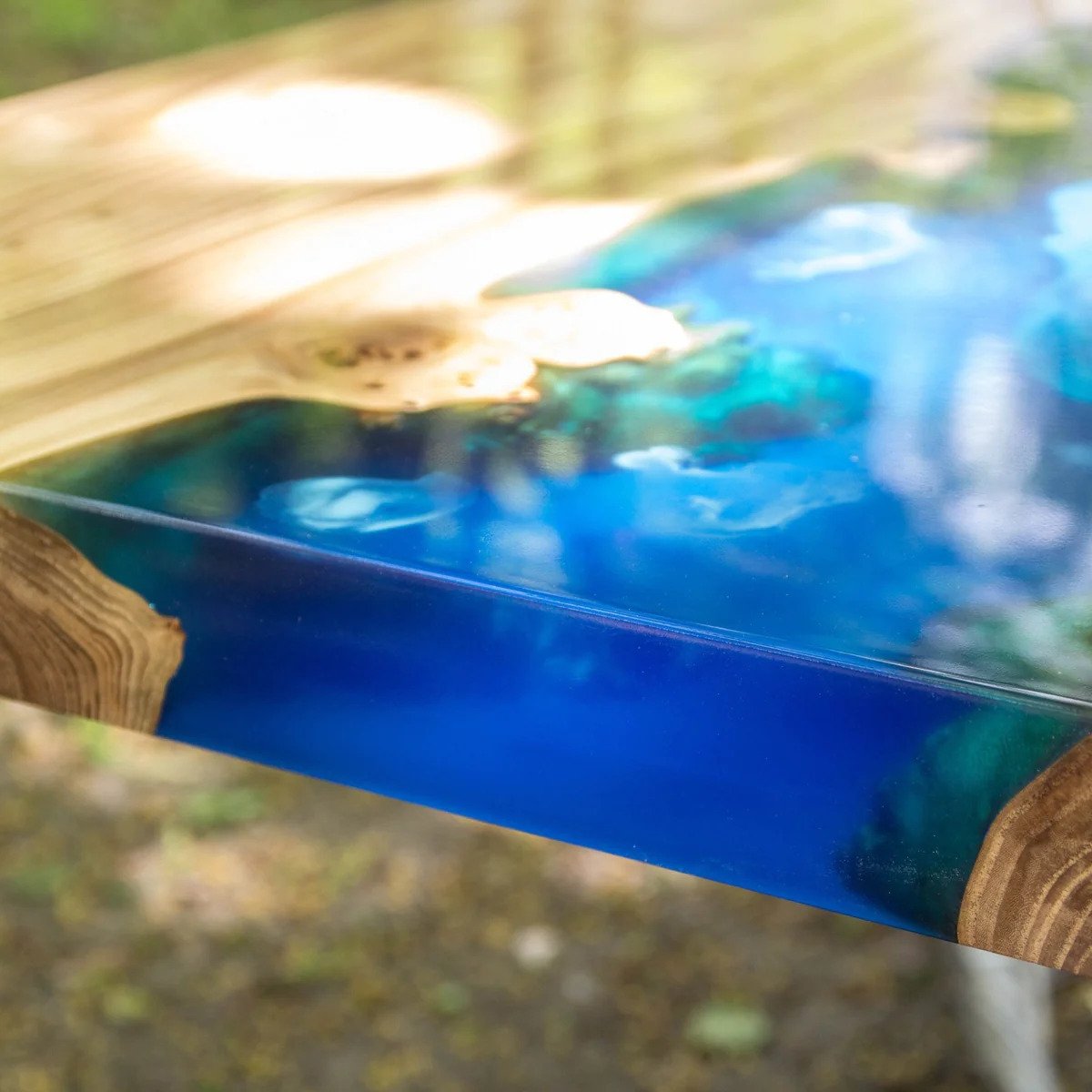
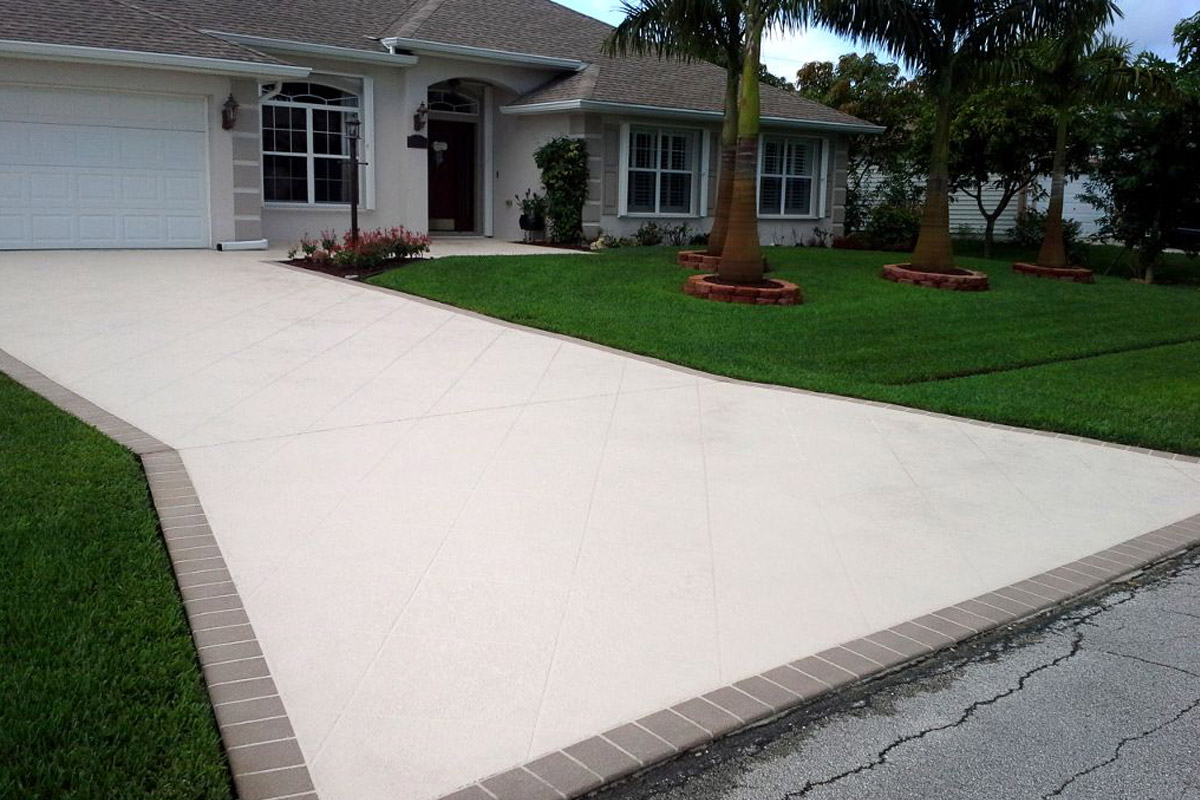
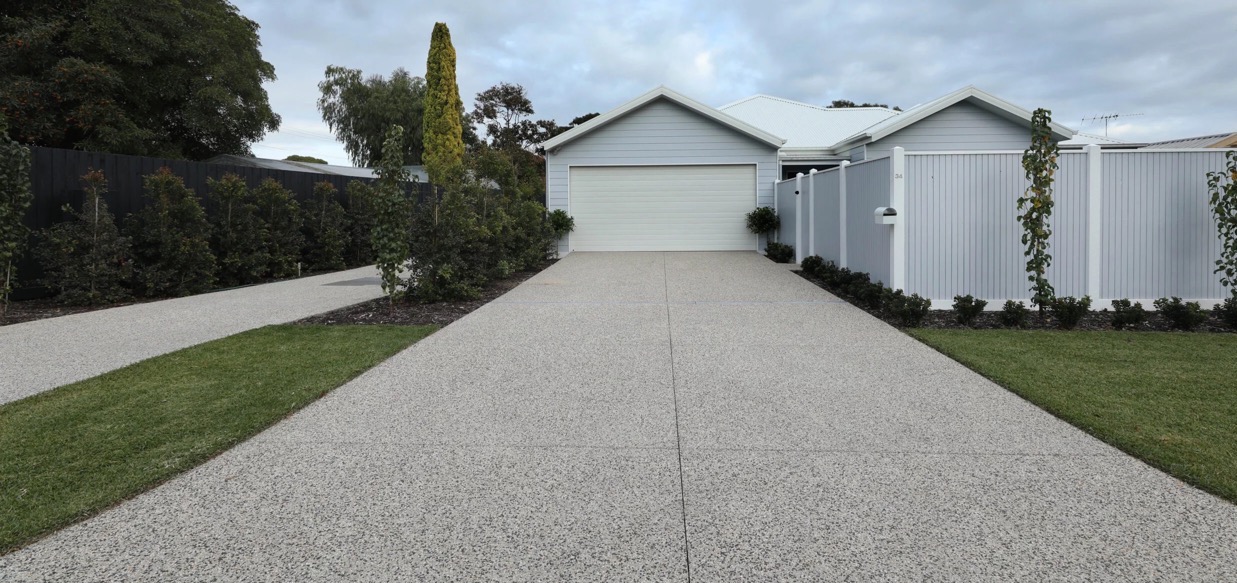
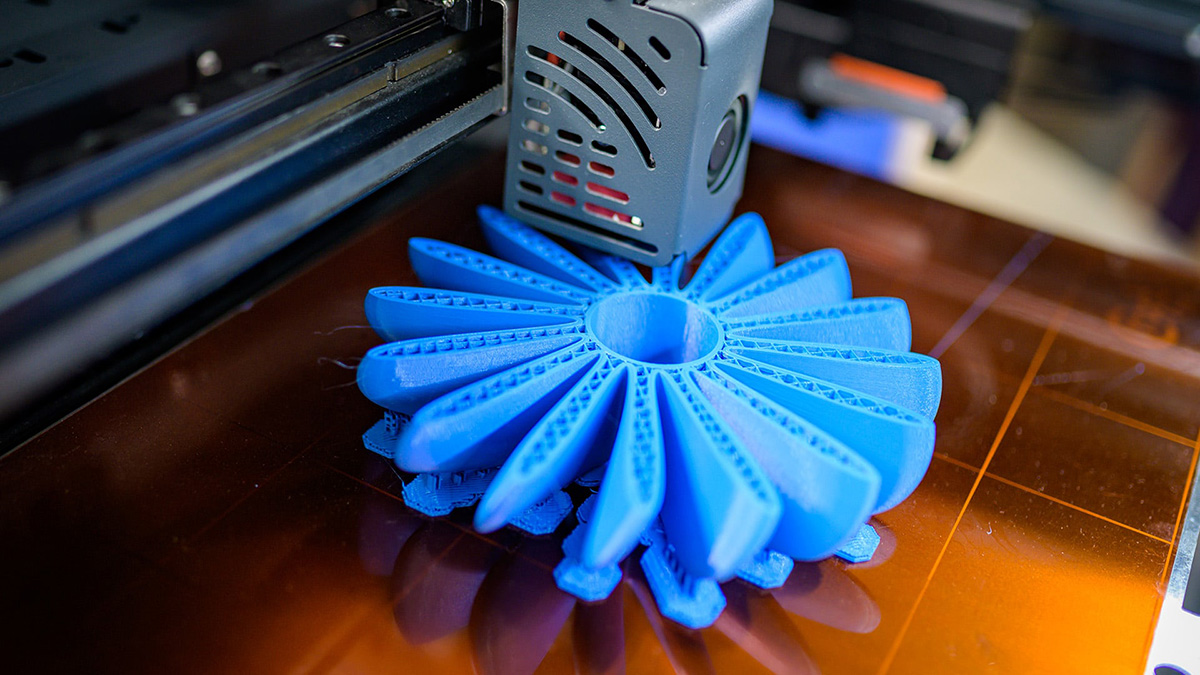

0 thoughts on “How Much Is A Resin Driveway”